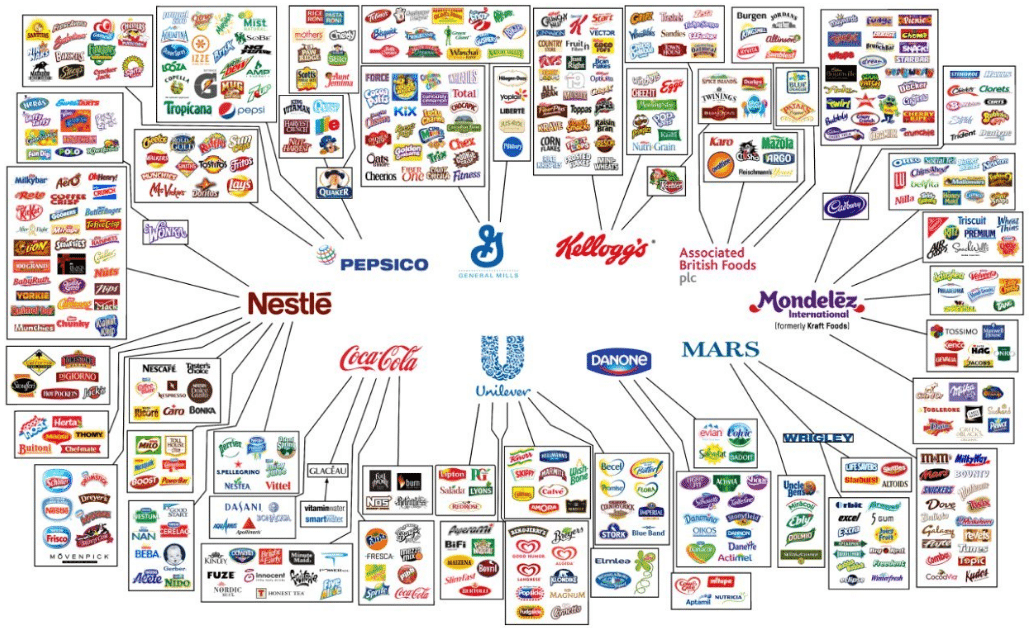“Only because of that official investigation did Canadians learn that ‘over 5 million nonconsenting Canadians’ were scanned into Cadillac Fairview's database”. Wow.
This Wired article is contradictory. The spokesperson says:
“an individual person cannot be identified using the technology in the machines. The technology acts as a motion sensor that detects faces, so the machine knows when to activate the purchasing interface”
I suppose it’s possible that a sloppy developer would name an executable Invenda.Vending.FacialRecognitionApp.exe which merely senses the presence of a face. But it seems like a baldfaced lie when you consider that:
“Invenda sales brochures that promised ‘the machines are capable of sending estimated ages and genders’ of every person who used the machines—without ever requesting consent.”
Boycott Mars
I already boycott Mars because they are a GMA member and they spent ~$500k lobbying against #GMO labeling -- and they have been blackballed for using child slave labor -- and Mars supports Russia. This is another good reason to #boycottMars.
Update
Apparently a LemmyBug replaced the article URL with a picture URL. The article is here:
https://www.wired.com/story/facial-recognition-vending-machine-error-investigation/
The vending machine pic is here:
https://infosec.pub/pictrs/image/2041d717-7cd7-4393-94f3-96aa87817aa7.jpeg


Right but the marker would cause problems for non-intrusive vending machines which only use a light sensor to set the display intensity. Along the lines of that simplicity, a thin smudge of chapstick would do well.. simple and lightweight. Light could enter but not an image.